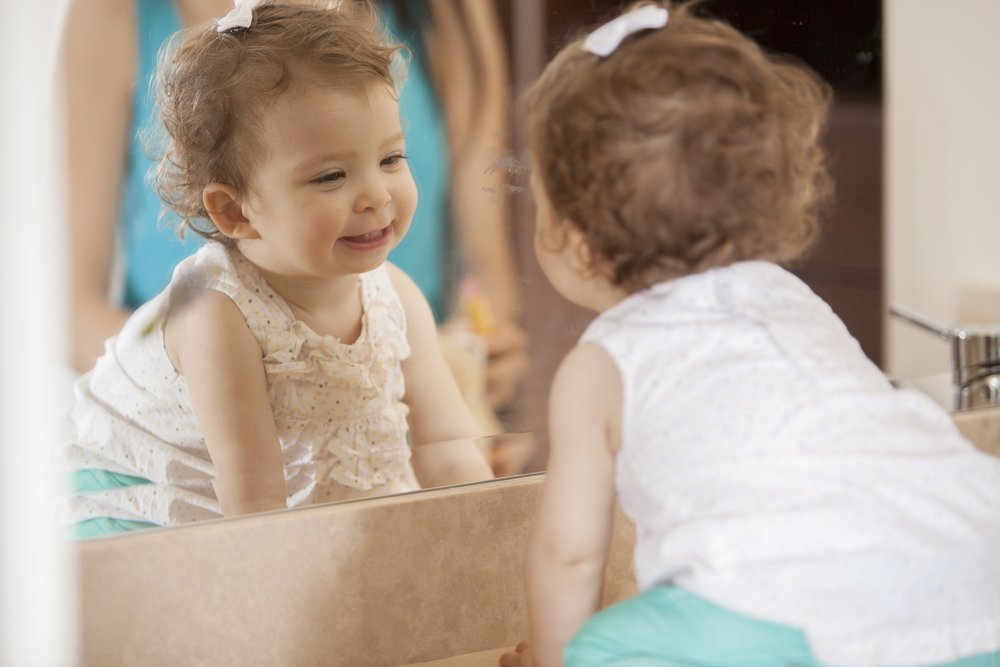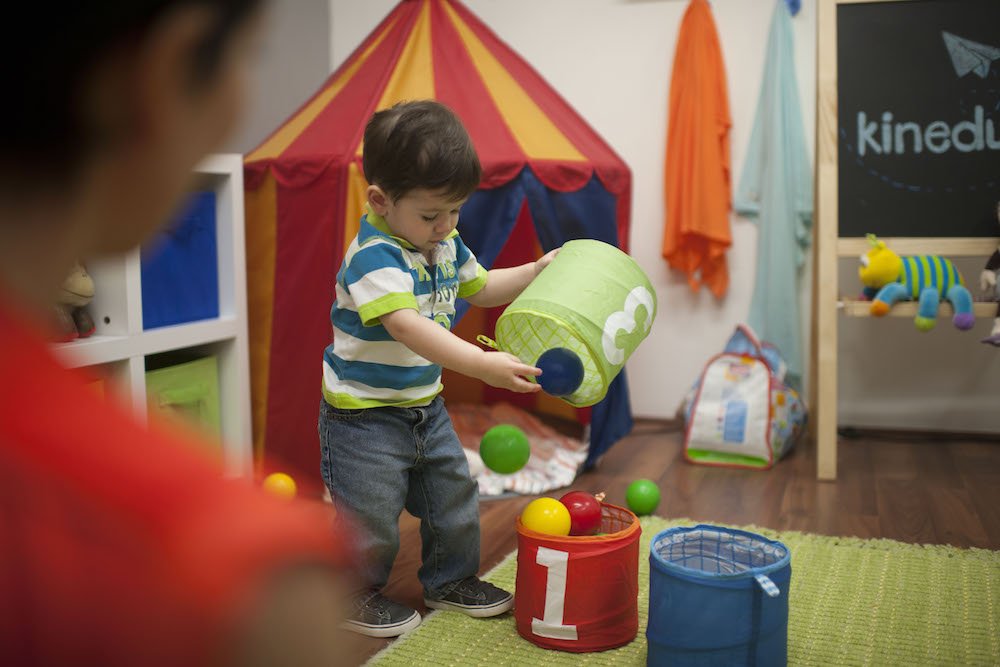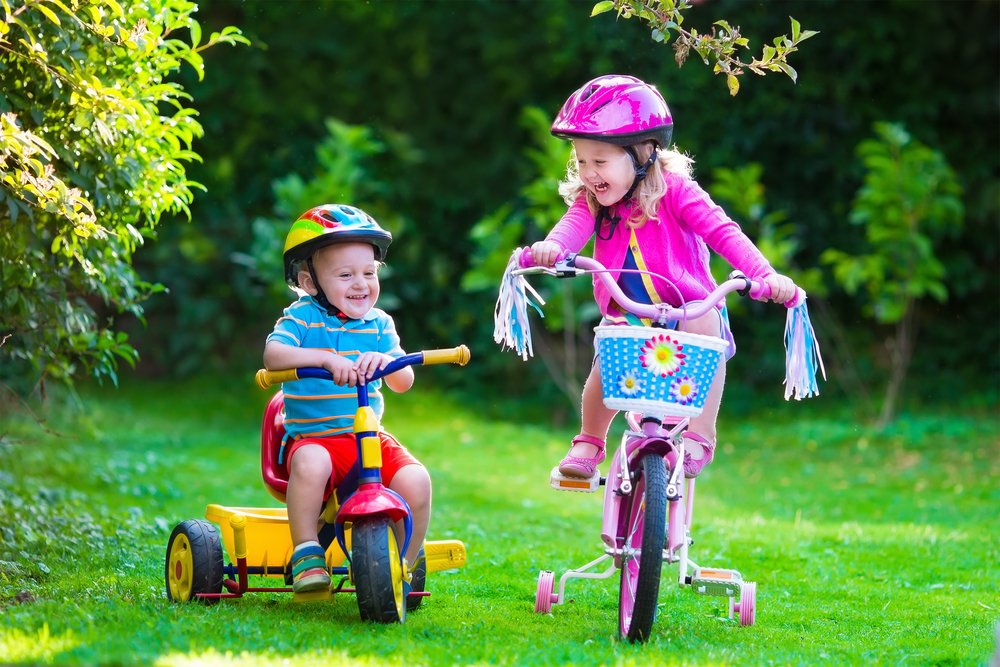
What are the outcomes for babies who are born bashful?
Key points: Introverted and bashful children are often confused, but they are different. Bashful children want to socialize but find it stressful, while…
Discover the key milestones of physical, cognitive, linguistic and socio-affective child development and understand the science behind child development.
Discover the key milestones of physical, cognitive, linguistic and socio-affective child development and understand the science behind child development.

Key points: Introverted and bashful children are often confused, but they are different. Bashful children want to socialize but find it stressful, while…

Key points: Parents tend to praise their children frequently, but not all types of praise benefit children in the same way. A study…

Key points: Provides tips on organizing playdates for infants and toddlers, including finding suitable playmates and avoiding too much structure. Advises parents to…

Key points: Human babies have been biologically programmed to respond to certain nurturing practices which are necessary for healthy brain development. Some modern…

Key points: New parents tend to neglect their relationship with their partner due to the exhaustion of taking care of a newborn. Numerous…

Key points: Parents who overreact and get angry may not be helping their children control their emotions and be happy. Bandura’s Social Learning…

Key points: Shifting from power-based discipline to collaboration can be a more effective way for parents to influence their children’s behavior positively. Dr….

Key points: The “terrible twos” stage is a developmental phase, not solely tied to a specific age, where toddlers explore independence, test boundaries,…

Key points: Parenting is not a one-size-fits-all task, as each child is unique, and life is full of unexpected experiences that shape our…

Key points: Babies are aware of their own bodies from birth, laying the foundation for self-awareness. Children typically begin responding to their name…

Key points: Kangaroo care involves skin-to-skin contact between a mother and her premature baby, promoting healthy development and potentially saving lives. Research has…

Key points: Developing helpful coping strategies in children enhances resilience and reduces stress as they work through worries and challenges. Parents play a…

Key points: The quality of early attachments significantly affects how people form and maintain social relationships throughout life. There are four main types…

Key Points: Children under the age of two can learn from and form relationships with loved ones through video chat. Researchers found that…

Key Points: Independent play helps toddlers develop creativity and critical-thinking skills, giving parents a break. Encourage independent play gradually by starting nearby and…

Key points: 1. Your actions and words influence your child’s body image. 2. Avoid negative comments about bodies. 3. Compliment actions and qualities,…

Key points: 1. Laughter and smiles are vital for child development. 2. Sense of humor nurtures self-esteem, empathy, and social skills. 3. Babies…

Key points: 1. Cultivate happiness in children through play, effort recognition, traditions, emotional expression, embracing failure, avoiding comparisons, and offer unconditional love. 2….

Key points: 1. Separation anxiety is triggered by object permanence. 2. Introduce caregivers early to ease anxiety. 3. Say goodbye to establish a…

Key points: Intelligence and talent can be developed through effort and perseverance. Success encompasses not only academic skills but also essential “soft skills”…

Key points: 1. Learning begins in the womb; babies recognize their mother’s voice, learn language patterns, and taste flavors from maternal diet. 2….